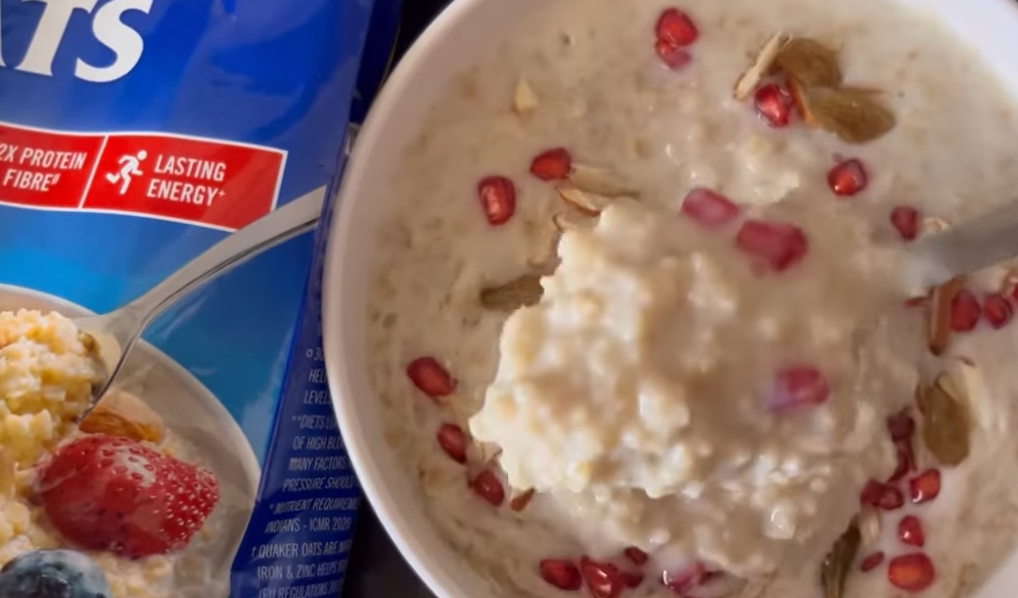The Quaker Oats class action settlement has garnered a lot of attention because it shows how easily confidence in a well-known brand can erode when safety issues surface. The $6.75 million deal is intended to compensate customers while enabling the business to avoid protracted legal action. It is linked to recalls that occurred in late 2023 and early 2024 due to salmonella contamination concerns. Despite Quaker’s strong denials of misconduct, the company’s readiness to reach a settlement illustrates how seriously such cases can undermine consumer trust.
Despite concerns about contamination, Quaker Oats allegedly misled consumers by marketing their products as safe. The plaintiffs’ argument was particularly creative in that they emphasized the striking similarities in importance between household basics and everyday staples like cereals, snack packs, and chewy bars—items that families buy almost instinctively because they believe they are dependable. When those same staples are recalled, it disturbs not only consumers but also the general sense of security.
Athletes’ Gatorade Protein Bars, Simply Granola mixes, Oatmeal Squares, Cap’n Crunch cereals and oatmeal, Chewy Dipps, Fruity Fun Granola Bars, and Quaker Chewy Bars in flavors ranging from Chocolate Chip to S’mores are among the products implicated in the settlement. Many people included these in their quick breakfasts or school lunches on a daily basis rather than buying them occasionally. This scope increased customer annoyance because it indicated systemic risk rather than isolated risk.
| Company | The Quaker Oats Company |
|---|---|
| Parent Company | PepsiCo, Inc. |
| Founded | 1901 (Quaker Oats Company), U.S. |
| Industry | Food & Beverage |
| Headquarters | Chicago, Illinois, U.S. |
| Lawsuit Title | Kessler, et al. v. The Quaker Oats Company |
| Case Number | 7:24-cv-00526-KMK |
| Court | U.S. District Court for the Southern District of New York |
| Settlement Amount | $6.75 million |
| Key Allegations | Deceptive marketing, failure to warn about salmonella contamination risk |
| Products Involved | Quaker Chewy Bars, Granola, Cap’n Crunch, Gatorade Protein Bars, various snack packs |
| Recall Timeline | December 2023 – January 2024 |
| Settlement Website | FoodRecallSettlement.com |
| Filing Deadline | June 27, 2025 |
| Final Approval Hearing | August 4, 2025 |
| Potential Individual Reward | Refund for purchases (full with proof; up to two products without proof plus tax allowance) |
| Reference | Class Action Settlement |

Claims from consumers are now due on June 27, 2025. Refunds for up to two products plus tax are still possible for those without proof, but complete refunds may be granted to those with receipts. For typical families who hardly ever save receipts for cereal or snack bars, this structure is especially helpful. It ensures that a larger population is held accountable by making the settlement more accessible.
The harm to one’s reputation, however, goes beyond the settlement amounts. Despite its apparent importance, $6.75 million only makes up a small portion of PepsiCo’s profits. Nonetheless, the persistent perception of potentially hazardous products has a remarkable ability to shape consumer behavior. Social media users pointed out that it can take decades to restore trust after a single betrayal, drawing comparisons between the incident and Johnson & Johnson’s historic Tylenol recall.
Additionally, this case is part of a broader trend of legal actions against food giants who are alleged to have neglected safety or used misleading labeling. General Mills was criticized for using glyphosate in their cereals, and Nestlé and Kellogg were accused of deceptive nutritional advertising. In this environment of increased consumer scrutiny, where honesty, safety, and transparency are valued just as highly as taste, the Quaker case fits in.
Such cases support debates concerning regulatory frameworks in the larger community. Regarding food safety, detractors contend that recalls are too late, frequently occurring after products have been consumed. Real-time contamination monitoring and blockchain supply tracking are two examples of particularly creative solutions that are increasingly being called for. These developments have the potential to be extremely successful in assuring customers that the food that reaches their tables is actually safe.
Celebrity-endorsed products, such as Quaker-branded Gatorade Protein Bars, also raise cultural issues. Legal disputes underscore the dangers of combining marketing with health claims, despite athletes’ promotion of them as dependable energy sources. The case emphasizes that brand endorsements cannot absolve companies of responsibility when safety lapses.
The impact of the case extends beyond the formal payout decisions made at the final fairness hearing in August 2025. Quaker’s reputation for unquestionable dependability has already been severely damaged by it. However, the settlement also provides a way to turn things around. Should Quaker implement more stringent safety measures, speak with

